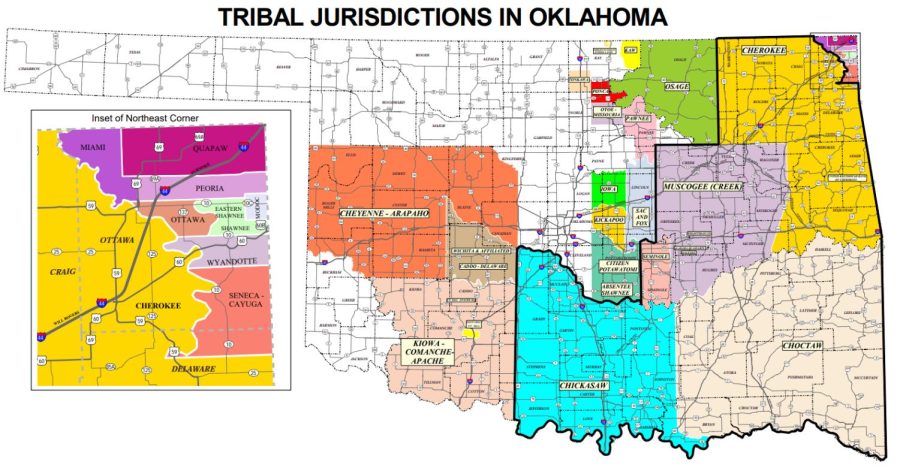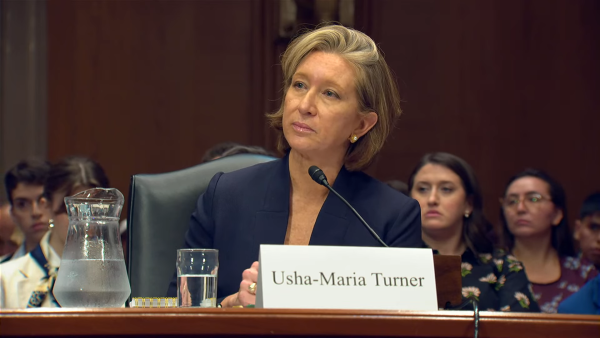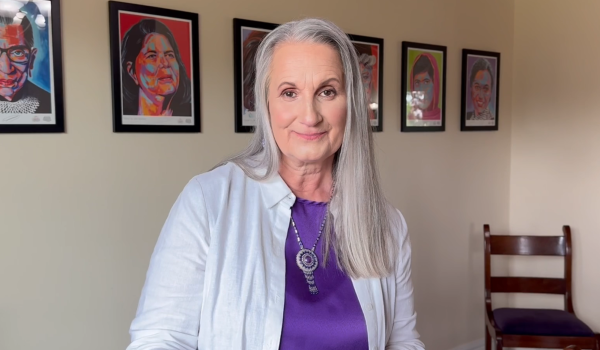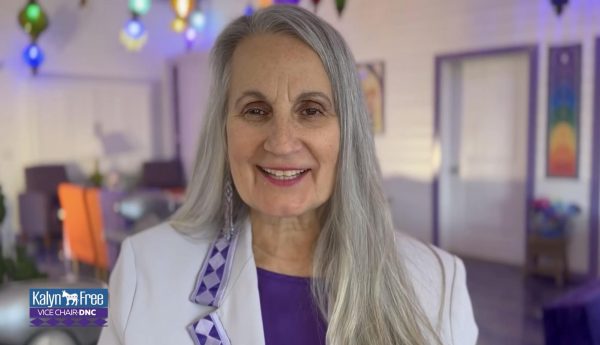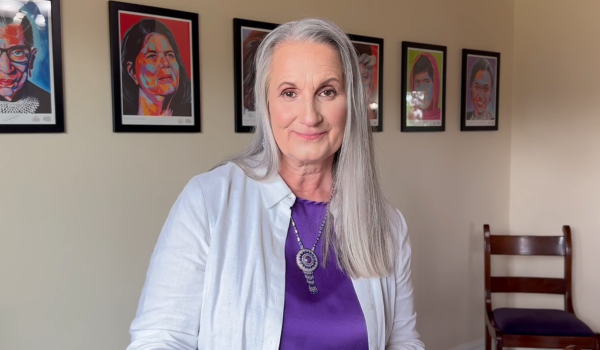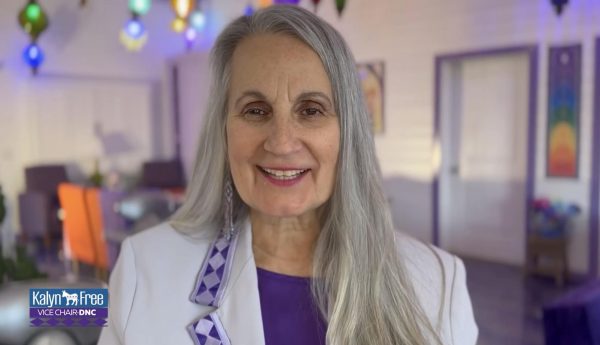Oklahoma’s tension with tribes attracts attention of western states
While Oklahoma remains in a power struggle with its 39 tribes on criminal jurisdiction and whether Native American reservations still exist, some Western states have been collaborating with their tribes for years.
In New Mexico, the state supreme court laid the foundation in 2006 for what has become known as the McGirt decision, the Oklahoma case in which the U.S. Supreme Court ruled that the Muscogee reservation had never been dissolved.
Jerri Mares, the New Mexico Attorney General’s legislative affairs director, said New Mexico’s Supreme Court held in a 2006 case that New Mexico did not have jurisdiction to prosecute crimes occurring on reservations there.
“While New Mexico will undoubtedly feel an impact of the McGirt v. Oklahoma decision in the future, New Mexico case law has already established a framework for who can exercise jurisdiction over crimes committed by members of Indian tribes in Indian Country,” Mares said.
Oklahoma courts have since ruled under McGirt that the reservations of the Cherokee, Choctaw, Chickasaw, Muscogee, Seminole and Quapaw tribes were never dissolved by Congress.
Robert J. Miller, an Arizona State University College of Law professor, said his own tribe’s 14,000-acre reservation of the Eastern Shawnee Tribe in Oklahoma could potentially be re-recognized under McGirt.
Miller said Arizona had by far the most Indian Country within its borders until McGirt re-recognized reservations for Oklahoma tribes. Arizona is made up of 27% Indian Country, while Oklahoma now comprises 43% Indian Country.
“There’s no state making the same arguments Oklahoma is,” Miller said. “Oklahoma’s acting like this is the end of the world. Yes, 43% is a pretty big deal and it’s a shock to the system. I called this case a bombshell and it was a bombshell for the feds, the state and the tribes.”
But Oklahoma Gov. Kevin Stitt has been in conflict with Oklahoma tribes beginning with casino gaming compacts in 2019, a year before the July 2020 McGirt ruling. In 2021, he went toe-to-toe with the tribes over hunting and fishing compact costs and the expiration of gaming compacts.
Stephen Greetham, Chickasaw Nation’s senior counsel, said “there’s no ambiguity left to be reasonably argued,” in the applications of the law.
Greetham said that in his experience working with his team, Stitt only wants to work with the tribes under a framework of rolling back McGirt, “and the tribes aren’t going to do that.”
“Each one of those states (outside Oklahoma) has been dealing with this for quite a long time,” Greetham said. “They have invested, built, and structured their law enforcement systems in order to deal with the law as it is. What Oklahoma is doing, instead of working with the tribes and working with the law as it is, it’s continuing arguments to try to say ‘no, not us, we’re different.’ It doesn’t work that way.”
Oklahoma’s attorney general on Thursday indicated there might be room for dialogue with the state’s tribal nations.
“The Attorney General has had constructive conversations with tribal leaders and looks forward to more in the future,” the Oklahoma Attorney General office’s communication director Rachel Roberts said. “Our office will continue to endeavor to work with the Indian Nations toward meaningful solutions that benefit all Oklahomans.”
Oklahoma’s position isn’t totally unique, according to Monte Mills, a University of Montana Federal Indian Law professor who said state and local concerns over tribal rights and their impact on non-tribal citizens are often at the core of state-tribal conflicts.
“That’s not to say there haven’t been conflicts over whether the state exerts authority or taxes certain people within reservation boundaries,” Mills said. “Those have continued, but that basic question about whether the reservations exist hasn’t been an issue here recently like it has in Oklahoma.”
Alexander Skibine, professor at the University of Utah’s S.J. Quinney College of Law, pointed to continued disputes about reservation boundaries for the Ute Tribe.
“Although McGirt is only relevant to Oklahoma in the immediate future, disputes about reservations’ boundaries or disestablishment have affected a number of states,” Skibine said. “Here in Utah, the state has had a long history in refusing to cooperate fully with federal rulings concerning reservation boundaries.”
Skibine said Utah was refusing to accept Ute reservation boundaries as established by federal courts.
Miller said there also are a number of Supreme Court cases in which Arizona was litigating against the tribes. In 1959 and 1973, the state was involved in suing individual tribal members in state court as well as a case where the state tried to tax a Native woman’s salary who lived on the Navajo reservation. Arizona, he said, has learned to recognize tribes for what they are: an equal body of government.
“The state (Arizona) recognizes tribal governments as constitutionally recognized governments and you have to deal with them the same as you deal with other states or you deal with a city or a county,” Miller said. “There’s a lot of obligations on the tribes in Oklahoma now that they didn’t have before. Most of them are working very diligently to absorb these new powers. They’re cooperating with the feds, they want to cooperate with the state. Will the state?”
Nancy Marie Spears, a Gaylord News reporter is an enrolled member of the Cherokee Nation of Oklahoma. Gaylord News is a reporting project of the University of Oklahoma Gaylord College of Journalism and Mass Communication. For more stories from Gaylord News visit GaylordNews.net

